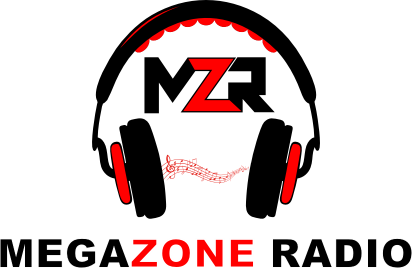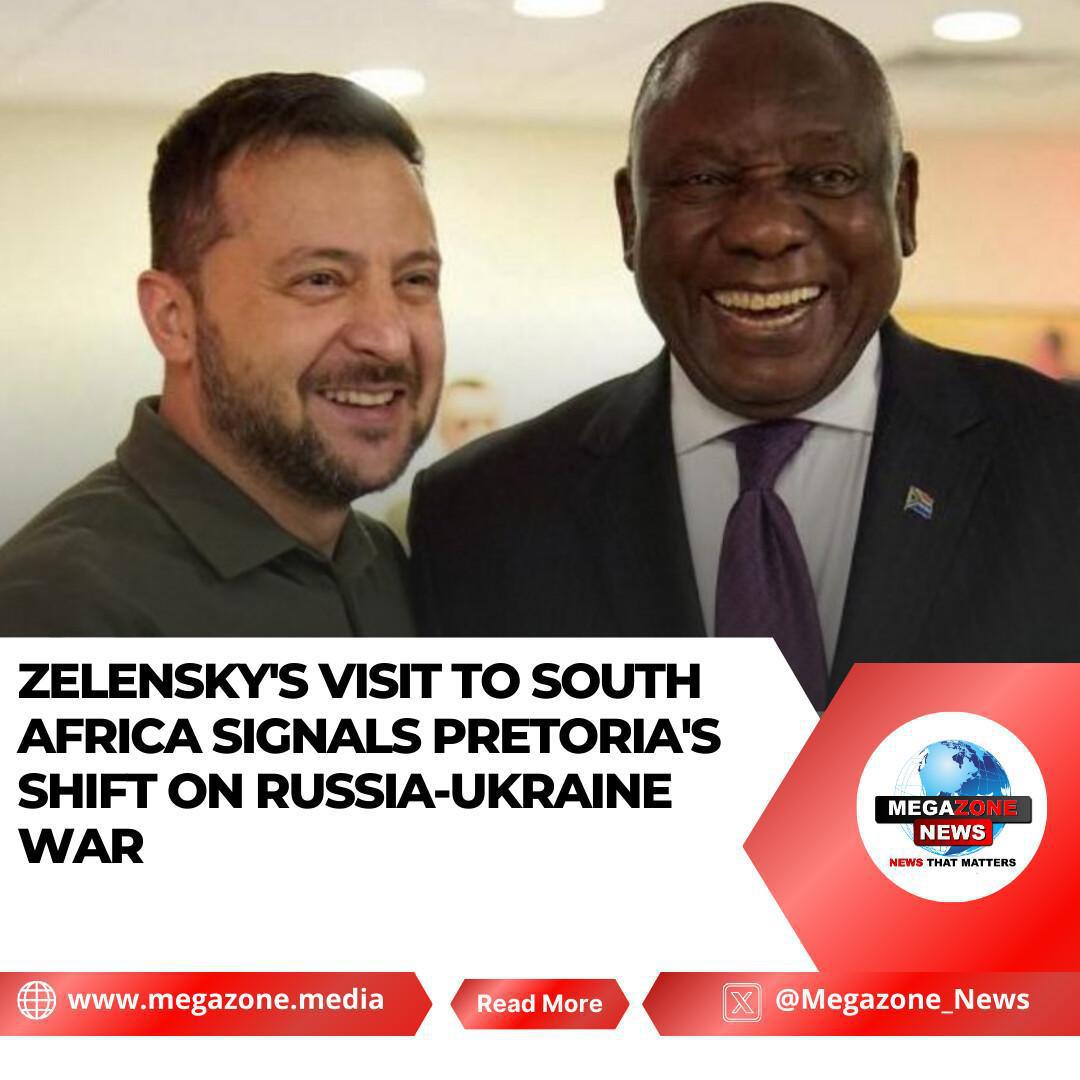Ukrainian President Volodymyr Zelensky’s visit to South Africa on Thursday marks a significant diplomatic moment, highlighting a perceptible shift in Pretoria’s previously neutral stance on Russia’s invasion of Ukraine. Analysts say the high-profile meeting with President Cyril Ramaphosa underscores South Africa’s growing willingness to more openly engage on the conflict, more than three years after the war began.
Zelensky’s first trip to Africa comes on the heels of South Africa’s unprecedented support for a recent United Nations General Assembly resolution condemning Russia’s full-scale invasion. The resolution, passed in February, reaffirmed Ukraine’s sovereignty and territorial integrity—signalling a departure from South Africa’s earlier ambiguity.
“South Africa has been criticised in the past for taking an ambiguous stance,” said Priyal Singh, a researcher at the Institute for Security Studies. “This resolution clarified the country’s position and signalled its intent to engage more directly with all sides.”
Pretoria's historical ties with Moscow, rooted in the Soviet Union’s support during the anti-apartheid struggle, have long shaped its foreign policy. That relationship raised concerns, particularly after U.S. accusations in 2022 that a Russian vessel docked in Cape Town had been loaded with weapons bound for the war in Ukraine.
Despite these tensions, South Africa maintains it seeks a role as a neutral mediator. “This visit is part of our continued efforts to help bring about a peaceful resolution,” said presidential spokesperson Vincent Magwenya, reiterating Ramaphosa’s position that dialogue remains key.
The timing of Zelensky’s visit is notable, occurring amid strained U.S.-South Africa relations and Ramaphosa’s overtures to European partners. With U.S. international aid in decline and Washington facing its own political challenges, Pretoria appears to be warming to Europe, which has been critical of South Africa's previous equivocation.
"South Africa is certainly trying to find common ground with its European partners," said Singh, noting the strategic importance of these alliances. European officials have welcomed the shift, calling Zelensky’s visit a “positive step” in global peace-building efforts.
Still, Pretoria has not distanced itself from Moscow. Just days before Zelensky’s arrival, Ramaphosa and Russian President Vladimir Putin reaffirmed their nations’ “strong bilateral relations” in a phone call. Ramaphosa has previously described Russia as an “ally and precious friend.”
For Ukraine, the visit is both symbolic and strategic. Zelensky aims to broaden Kyiv’s international support base and counter Russia’s growing influence on the African continent. According to the Ukrainian ambassador to South Africa, Liubov Abravitova, Kyiv hopes South Africa will take the next step and fully condemn Russia’s actions.
“We are in a war for survival,” Abravitova told the Sunday Times. “The only way to stop it is to condemn the violation of international law and support the territorial integrity of countries.”
Zelensky is also expected to lobby for an invitation to the G20 summit scheduled to take place in Johannesburg later this year—an opportunity to solidify Ukraine’s presence in global diplomacy and African affairs.


